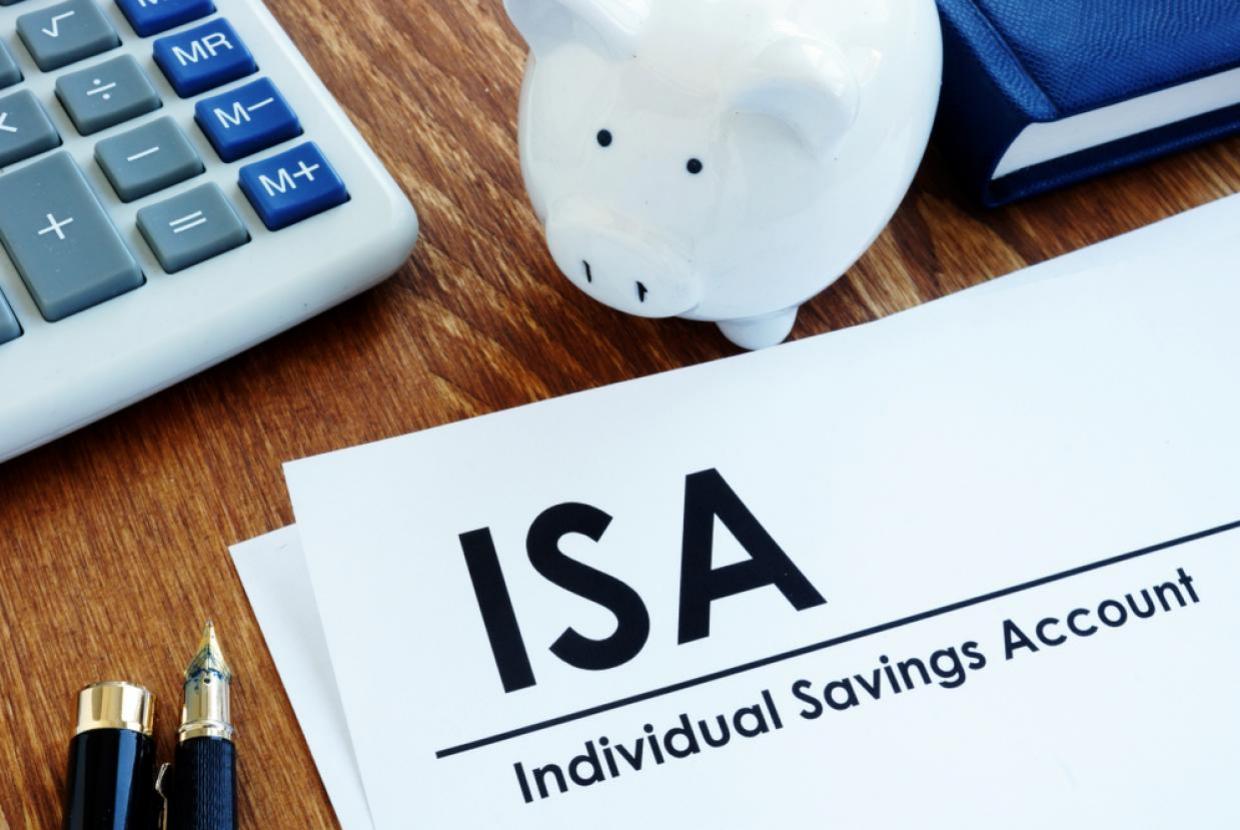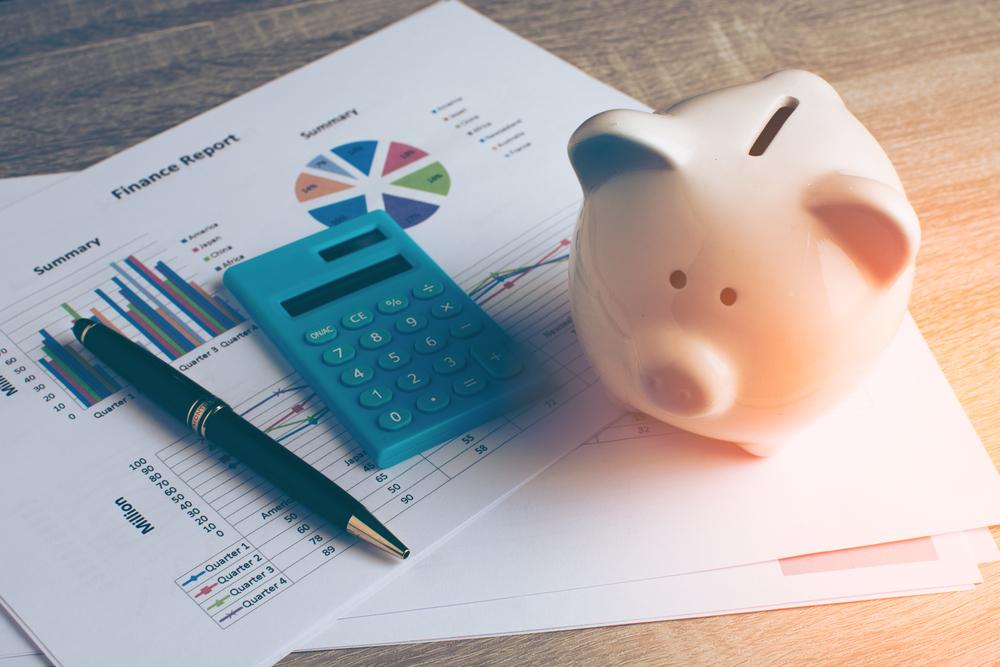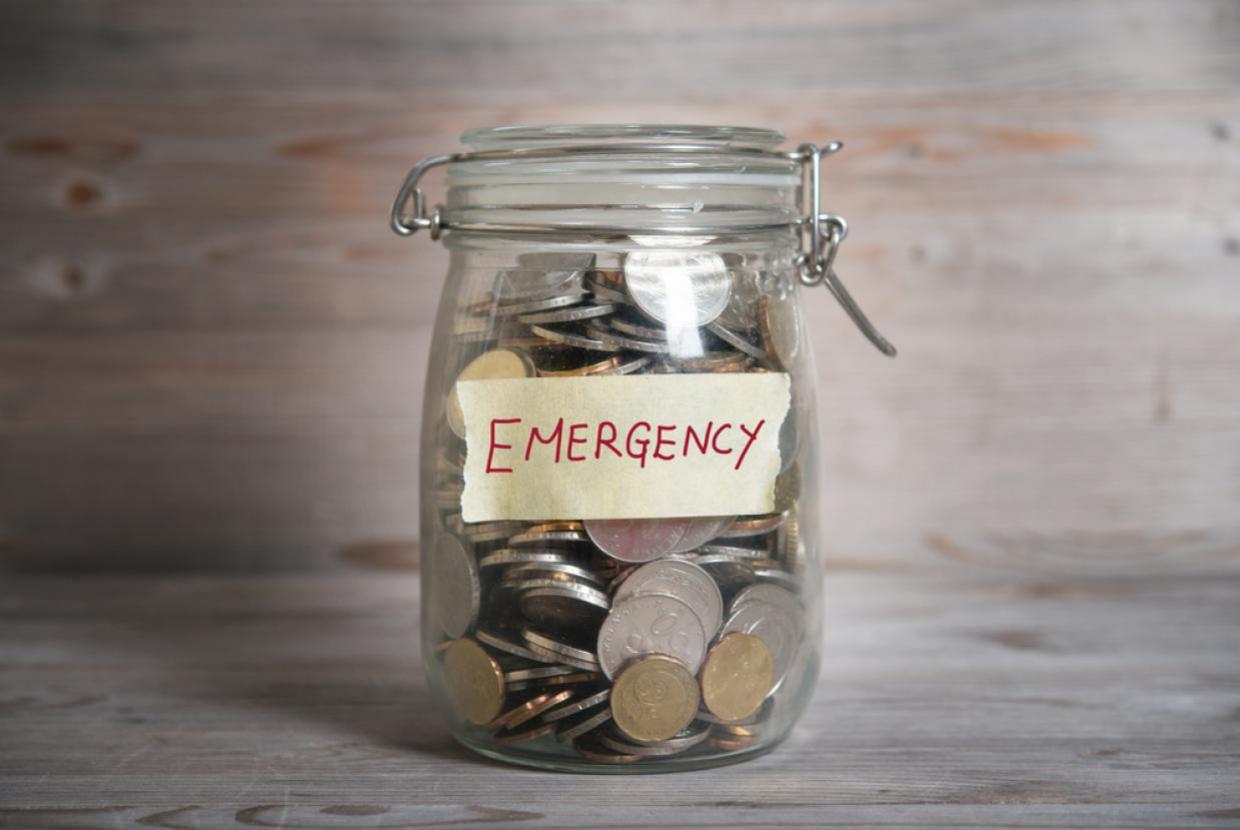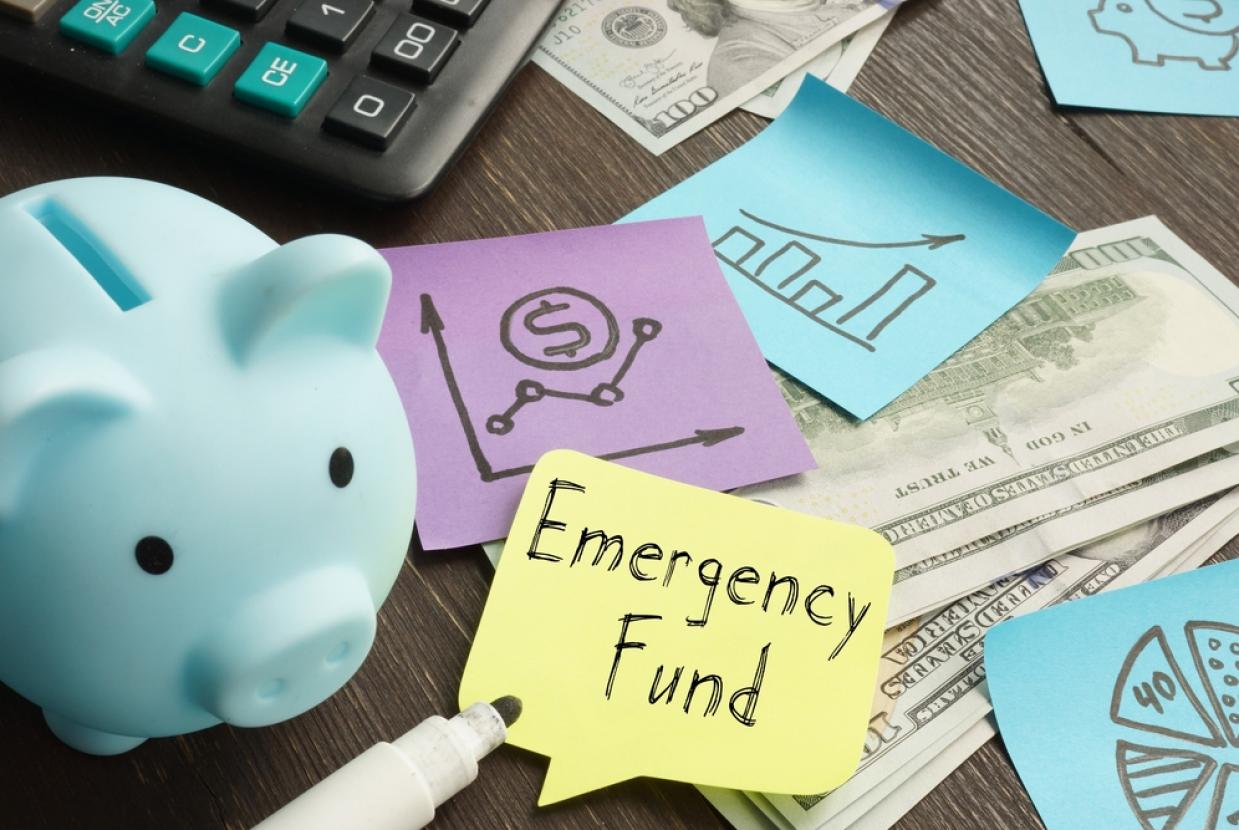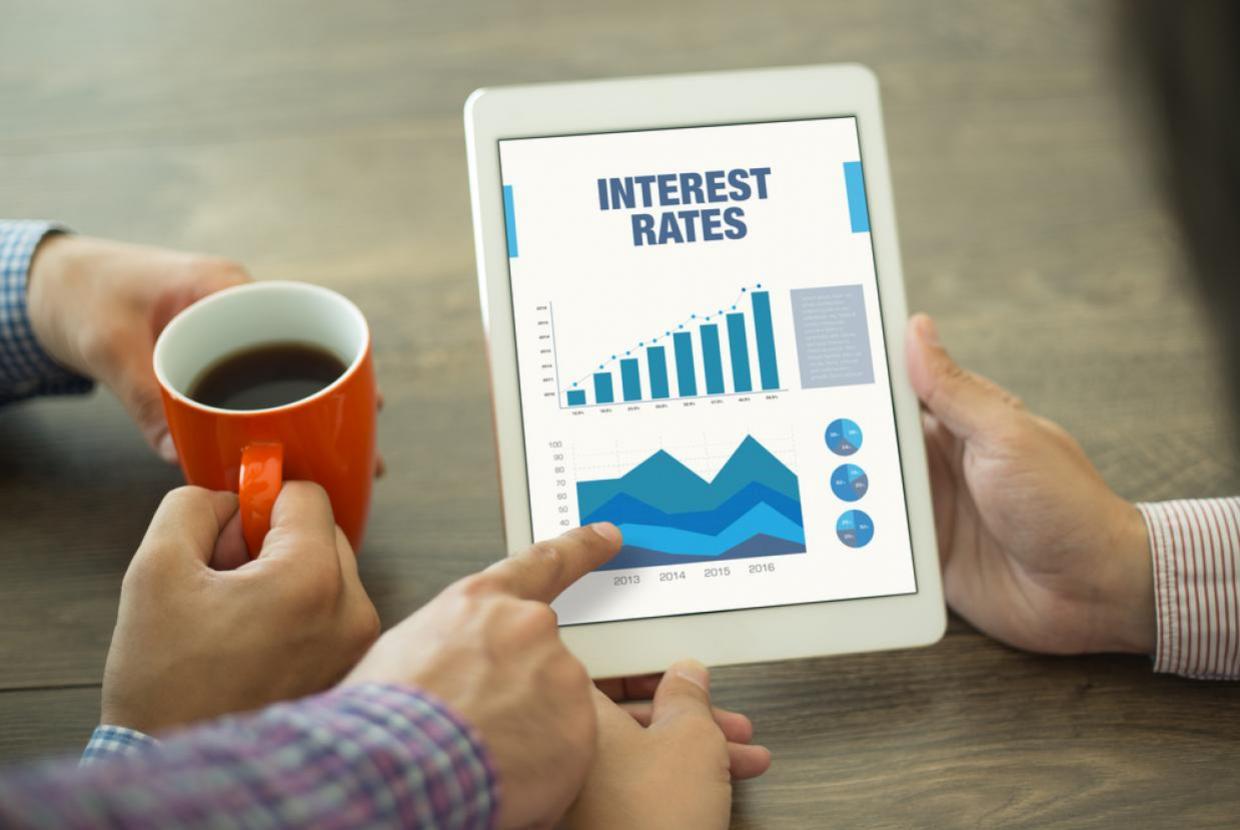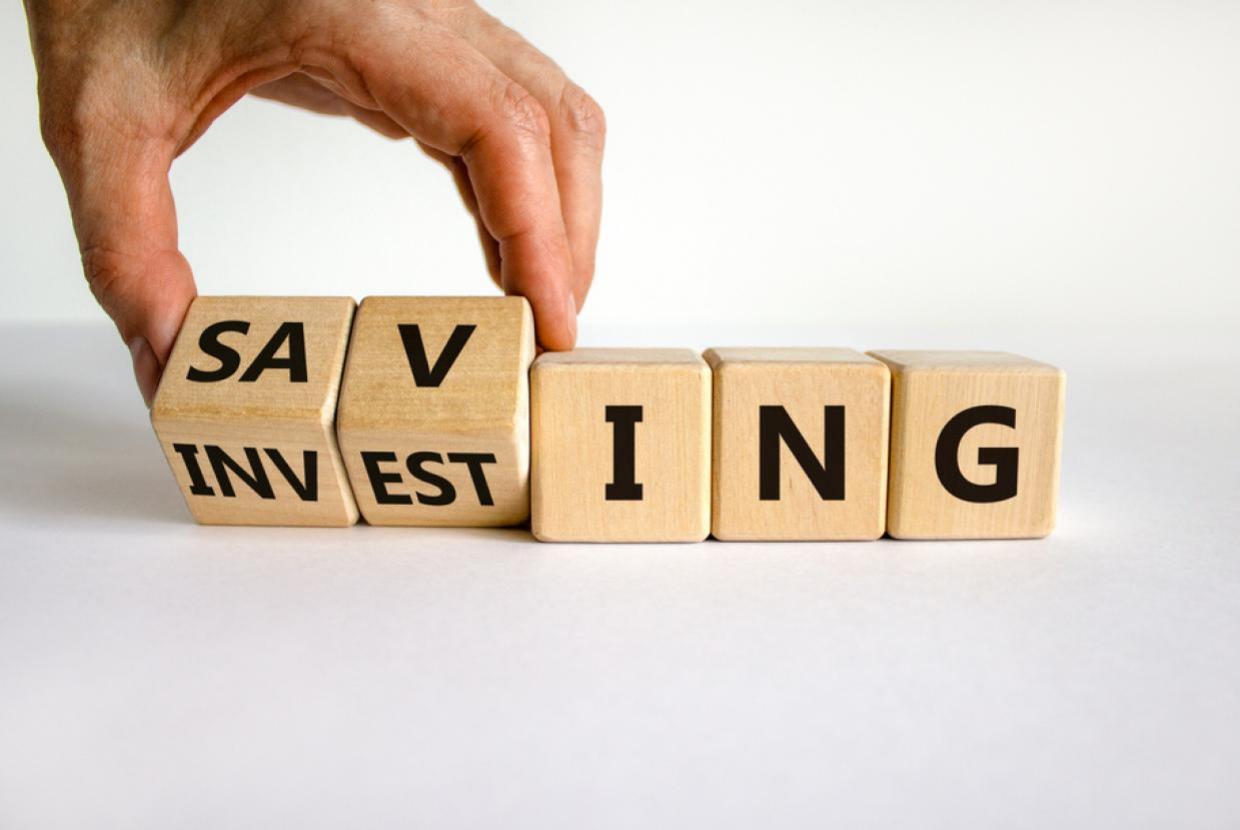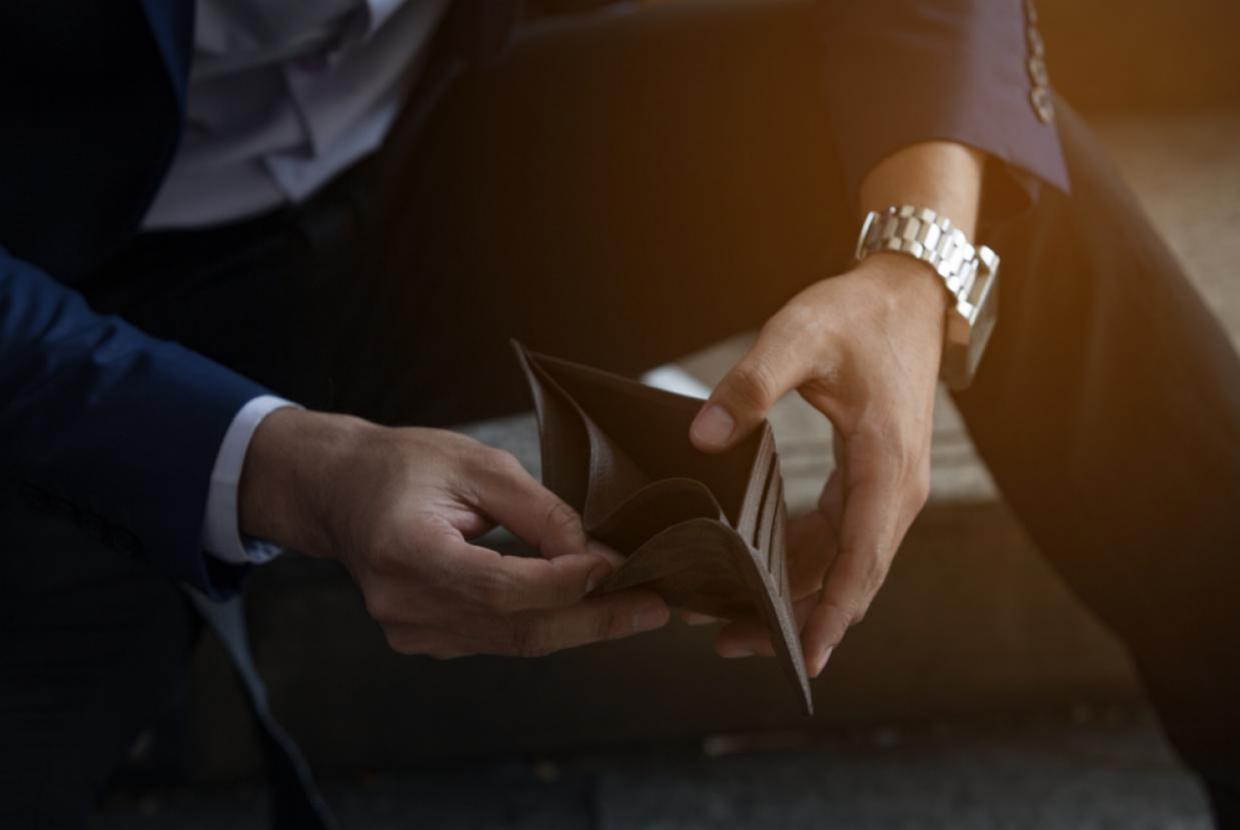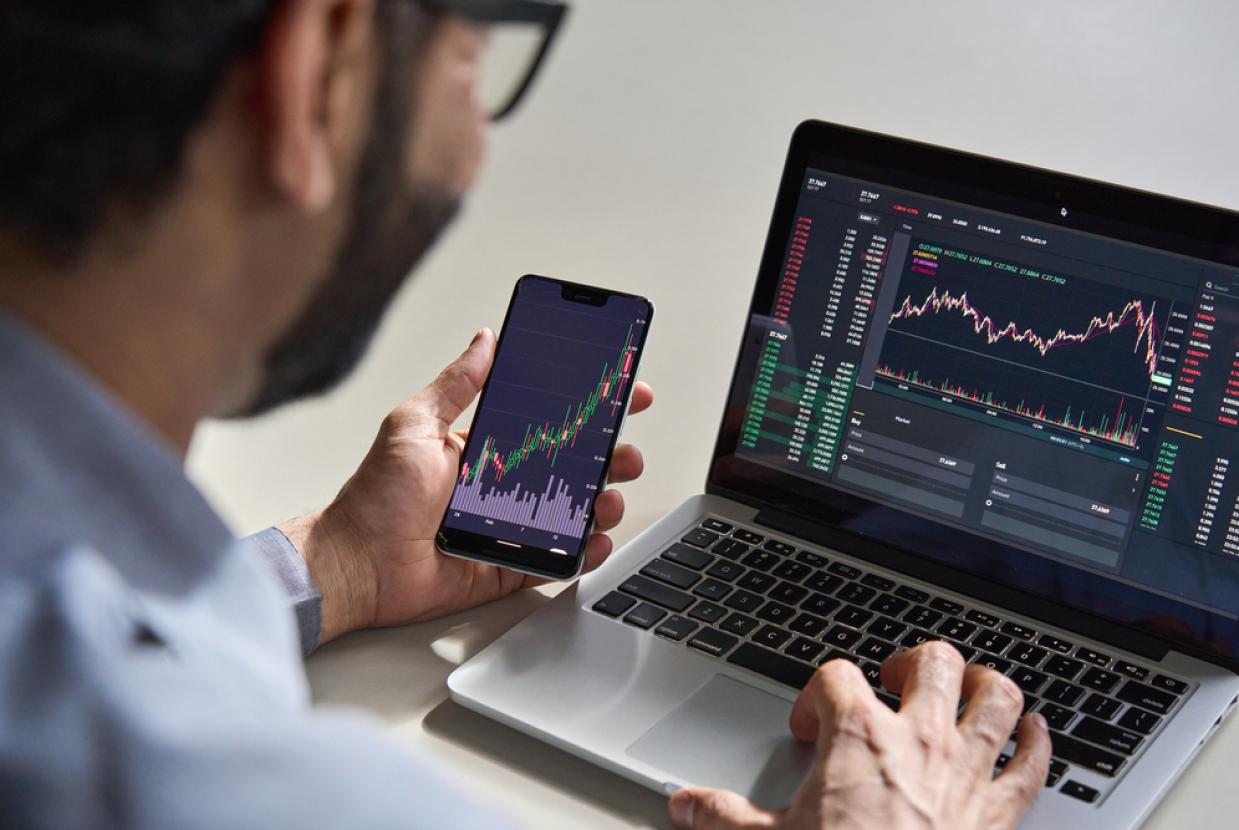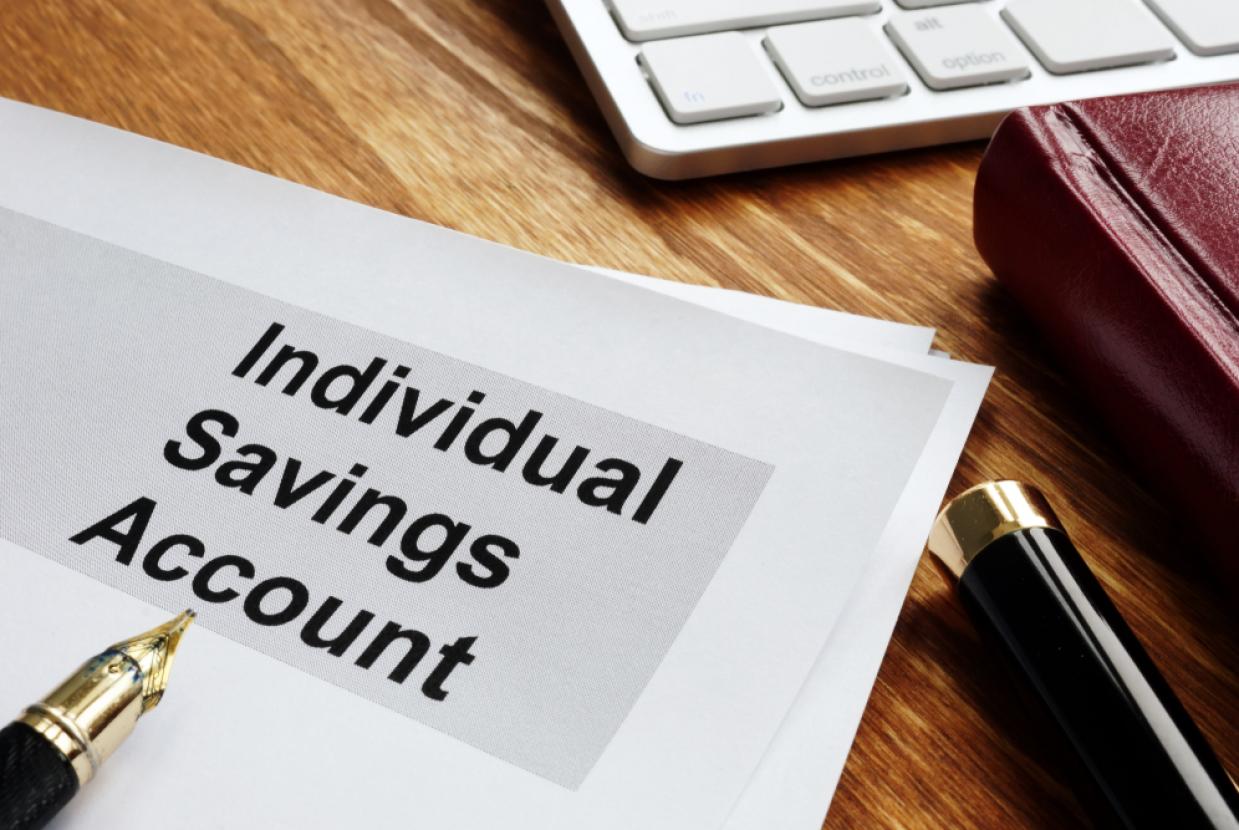Types Of Investments
Investors have a wide range of investment products to choose from, each with their own benefits and drawbacks. Here we look at the main types of investments available and what to expect from them.
Investment products
You can invest directly in investments, like shares, but a more popular way to invest in them is indirectly through an investment fund. This is where your money is pooled with other investors and spread across a variety of different investments, helping to reduce risk. There are many different ways to access investment funds, such as through Individual Savings Accounts (ISAs) and workplace pensions.
The table below briefly describes the most popular ways to invest your money. Also, look at the note below the table on how the level of fees charged might impact any potential return you receive.
Investment products (indirect i.e. products through which investment funds can be accessed). | How it works |
Stocks and Shares ISAs | A tax-free way of investing in shares or investment funds, up to an annual limit (currently £20,000 for 2022-23). Many unit trusts and OEICs (Unit trusts and open-ended investment companies) come pre-packaged as ISAs. Alternatively, you can choose for yourself which investments and funds to put in your ISA. |
Workplace pension | A way of investing for the future, with a ‘top-up’ contribution from your employer and tax relief from the government. Your money is invested in pooled funds. |
Personal pension | A way of investing for the future, with tax relief from the government. Your money is invested in pooled funds. You can use a personal pension if you don't have access to a workplace pension. You don't want to miss out on your employer's contributions. |
How much money will you get back?
There’s no guarantee of how your investment will perform. In the case of company shares, it depends mainly on the company’s performance, the economic outlook and investor expectations of how the company will perform in future.
With funds, the amount you get back depends on such factors as how long you’ve invested for, the mix of different investments in the fund, the performance of those investments and the fees you pay.
A way to spread your risks is to choose a range of different ‘asset classes’. For example, this might mean choosing a fund that invests in a mix of:
- cash
- bonds
- shares
- bonds and property
- several funds.
Why fees are important
Fees and charges can reduce your investment earnings, especially over a longer period of time. When you invest directly, you usually have to pay ‘dealing’ charges.
Fees vary by fund, product and provider and won’t always be easy to spot. There might also be fees for fund platforms or financial advice, depending on how you buy your funds.
The number to look out for in fund documents such as the Key Investor Information Document (KIID) is the Ongoing Charges Figure (OCF).
The OCF takes into account the annual management charge (AMC) and all the expenses of running the fund.
Next steps
Once you know which type of investment, fund or product might suit you, you’re ready to think about investing.


